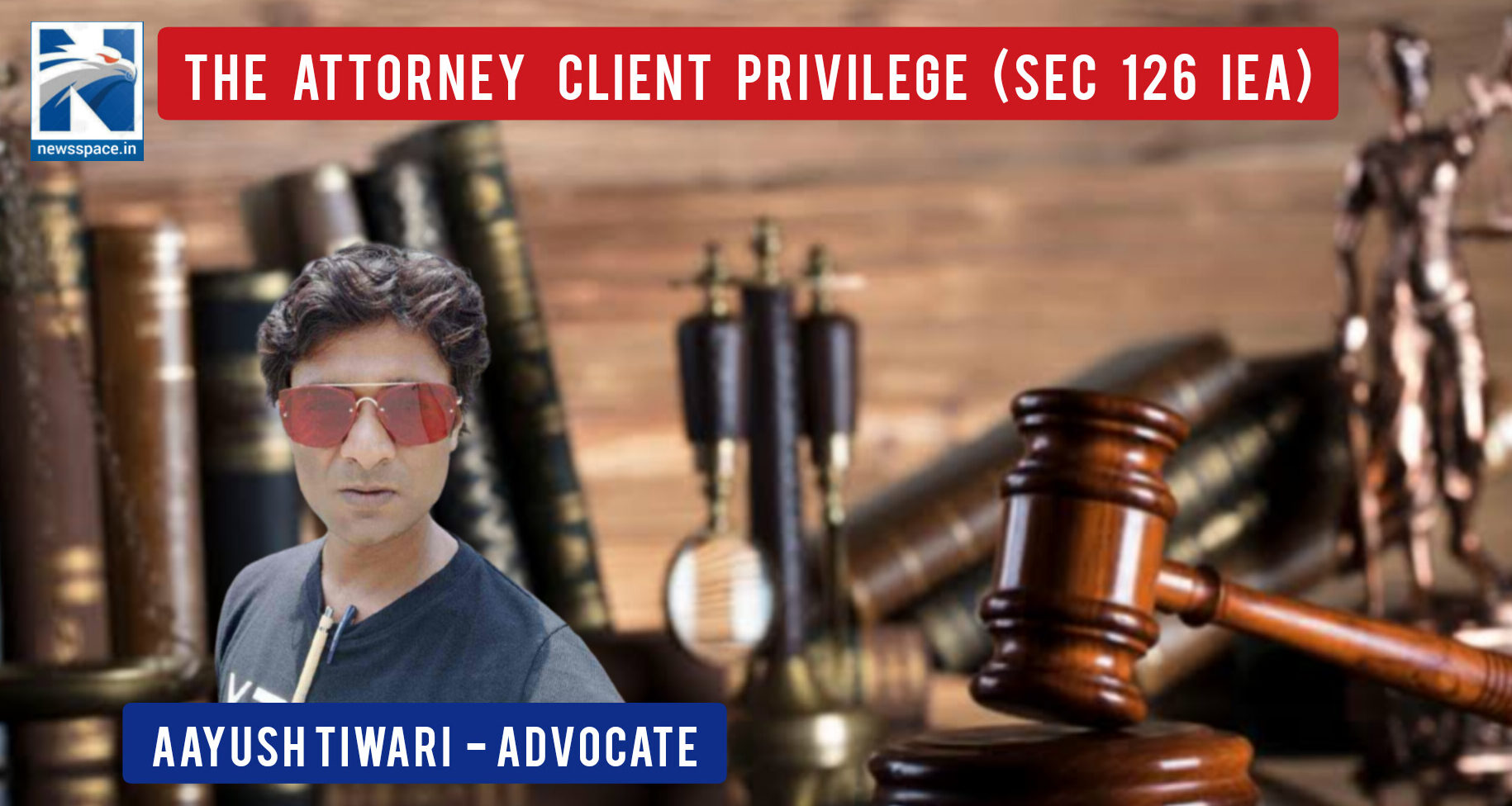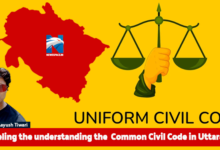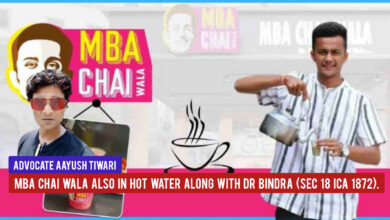
|
Getting your Trinity Audio player ready...
|
“Oh please don’t tell anyone that I just committed raped “. “Yah, sure, my pleasure sir .”
So as we know a duty it is of citizens to inform the law enforcement agencies about such a heinous crime as rape. Duty it is of all activists and NGOs to alarm the police about the cognizable offences. Yes, obviously , it is common sense, isn’t it?
But what do you have to say when a person comes to someone and says thar he had just committed a dozen of cold blooded murders and that ‘someone’ says “Shhh, speak slowly it is my duty not only to hide this crime but also to defend you as much as I cam. Doesn’t this ‘some one’ deserves to an equally hated villain? What if I say NO. On yhe other hand if this ‘someone’ rather owes his/her respect for concealing such fact. If hr I’d he doesn’t do so he might even loose his job.
Oh, don’t stare sty me with the daggers drawn before I tell you who is this ‘someone’. This someone is a lawyer, my friend.
Section 126 of The Indian Evidence Act 1872 provides that no barrister, attorney, pleader or vakil shall be permitted to disclose communications made by his client or advice given by him in the course of his employment. This legal concept is called the Attorney Client Privilege and hence it is not a crime but the professional ethics of that lawyer mentioned as ‘someone ‘ in the previous paragraph.
Such noble is the legal profession and such is the legal arcane . We tried to explain this in our previous blog “Doctors and Lawyers can’t advertise in India.”
“The attorney-client privilege is the oldest privilege recognized by Anglo-American jurisprudence. In fact, the principles of the testimonial privilege may be traced all the way back to the Roman Republic, and its use was firmly established in English law as early as the reign of Elizabeth I in the 16th century. Grounded in the concept of honor, the privilege worked to bar any testimony by the attorney against the client. As the privilege has evolved, countless policy justifications have played a role in its development. At its most basic, the privilege ensures “that one who seeks advice or aid from a lawyer should be completely free of any fear that his secrets will be uncovered. “
(Courtesy: SMITH GAMBRELL RUSSEL LAW DIRM
Citation: https://www.sgrlaw.com/ttl-articles/916/?
Exceptions probe the rule and in this context as well fortunately there are few exceptions in the light of the preventive theory of the administration of justice.
Out of the few exceptions laid down in section 126 of the IEA 1872 , two of them are worth mentioning. If the confidential communication between attorney and client indicates that the client is having intentions to committe a crime in future ( prospective and not retrospective) then the veil of attorney client privilege is lifted and it is no more a defense of the culprit. Secondly if the client has defrauded even the attorney in his statements then also such untrue statement can not seek the refuge under the umbrella of section 126 of the I.E.A 1872.
Also this is to be informed that the doctor patient privilege also comes under this concept in the very next section of the Indian Evidence Act. Section 127 of the Act extends protection to communications between a patient and the doctor .The purpose of this privilege is to ensure that patients are honest about their medical history and symptoms, allowing doctors to provide proper
care. Section 127 also carries exceptions with it like if the patient is suffering with an infectious disease, then for the social good there are specific protocols under which the doctor or the hospital can reveal such a social danger for a general good.
Your suggestions, feedbacks and positive criticisms as usual are welcomed by us and no stone will be left unturned ( by the legal laser under this law week legal awareness venture )to address any query or curiosity related to the blog.





